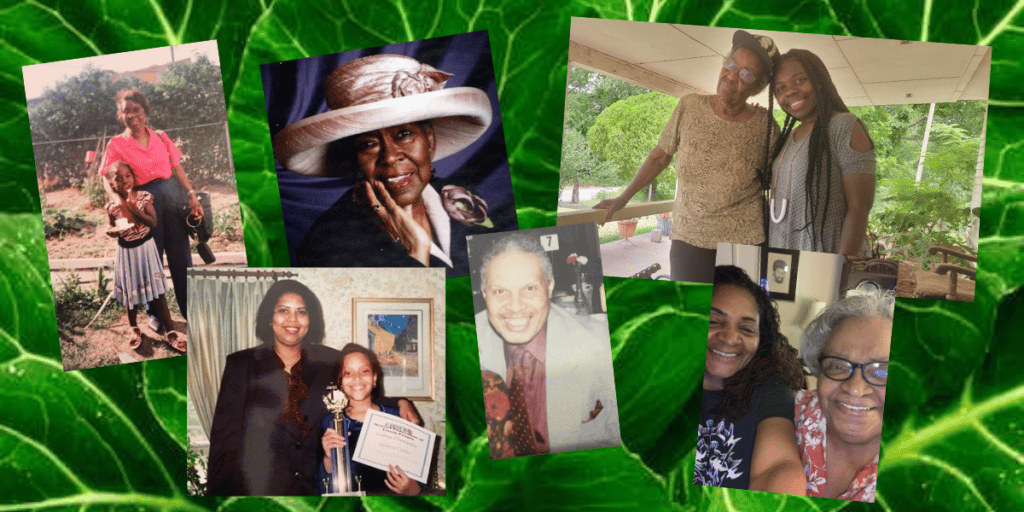Champagne Tastes and Beer Money

In the late 9th century, champagne denoted luxury and class. Beer on the other hand, is not only the most popular alcoholic beverage, but it describes a more affordable lifestyle. Beer is commonly associated with the “working class”, while champagne is usually associated with the “one percenters” or the wealthy.
The phrase “champagne taste and beer money” describes someone who has expensive tastes but can’t afford to buy the things they want. The phrase can be interpreted as denoting someone who is living life like a rich person, on a budget. In some communities, it was an admonishment when we expressed interest in something that was “outside of the price range”. The message was clear: “your desires exceeded the financial wherewithal of the person who was the buyer and your wants differed greatly from your needs”.
“Champagne taste and beer money” is also a phrase or expression that we revisit often when we think about how we move through the world today. As children and young people, we were frequently told, taught, and encouraged to reuse what we have: have the soles replaced on shoes instead of buying new ones, wearing hand-me-downs or mending clothes instead of wearing new clothes, no such thing as throwing things away – they were given to someone else in need. This was a constant backdrop for many of us in our lives, well into adulthood. And it shapes our views about conservation, starting with the grounding concept of living within our means and not being wasteful.
There is a great Ted talk that I was introduced to some years ago, a thought-provoking presentation from Hans Rosling about conservation and recognizing need versus want. It is called ‘The Magic Washing Machine’ and I strongly recommend it. It reminds us that conservation is still the key to surviving…and thriving.
In this segment of Picking Greens and Being Green – Lessons from African American Mothers on Culture, Conservation and Community, we are excited to feature the voices of a “younger” demographic. So, we invited two phenomenal young women to talk about the lessons that were shared with them around conservation, the importance of saving money and the necessity of living withing their means. Ms. Alaura Carter and Ms. Kari Fulton speak passionately about some of the impactful, and sometimes hard, lessons they learned growing up and how they are carrying those lessons with them as they move through various phases of their lives.
The conversation echoes those of generations past and the message of conserving and saving resound with all of us. It invites us all to remember the ways our own families and friends conserved money, electricity, energy, water, and other resources during our childhood. It helps us recognize the practices we engage in – without even noticing, to do the same, as well as things we can do going forward. Even now, I remember the sustaining vegetable and fruit gardens that my grandfather nurtured not only for his ten children, but for family and friends who needed assistance. I remember that the first thing my mom did when she was able to buy her own home was start a vegetable garden and compost pile, to feed my brothers and myself. I remember going to shop in what is now known as a consignment shop, a place where my mother could buy perfectly good, often never worn, clothes for her 5 children on a teacher’s budget of less than $14,000 a year. Even now my own garden, composter and rain barrel satisfy me in ways that stem from my youth. I often find myself analyzing a potentially large purchase for weeks, asking myself if I need it, or if I can really afford it. I have noticed that my mother has changed all of the light bulbs in her home to energy saving ones and she still keeps the curtains closed during the day where the sun would otherwise increase the temperature inside the house. Now, I miss the ability to hang clothes outside on the clothesline so that the sun would dry them, literally bleaching the white clothes naturally. I did not really appreciate it then, especially when we were able to afford a clothes dryer – which my mom used only on rainy days – but I miss the smell of clothes dried in the sun.
We all grew up with the concept of only purchasing what we need and can afford, without amassing debt (which was the worst thing that a person could do). For many who grew up with this type of guiding principle, we still struggle with the notion of buying something just because we can – splurging. We also struggle with the notion of a disposable society. Convenience but not conservation. That includes disposable things, disposable places, and disposable people, especially sacrifice communities.
When one of the guiding principles of your life has been to live within your means, to ‘make do’ with what you have and to share what you have with others in need, it remains etched into your being. This is so apparent in this work, this environmental work. We see how people are “using what they have”, conserving, recycling or “upcycling” that which we no longer use. Some, like my mother before me, are barely making ends meet, but they are somehow doing it. That my friends, is a life lesson we should all be living.
Dear readers, please enjoy this and past segments of Picking Green and Being Green – Lessons from African American Mothers on Culture, Conservation and Community. They can all be accessed on the Chisholm Legacy Project’s website.
